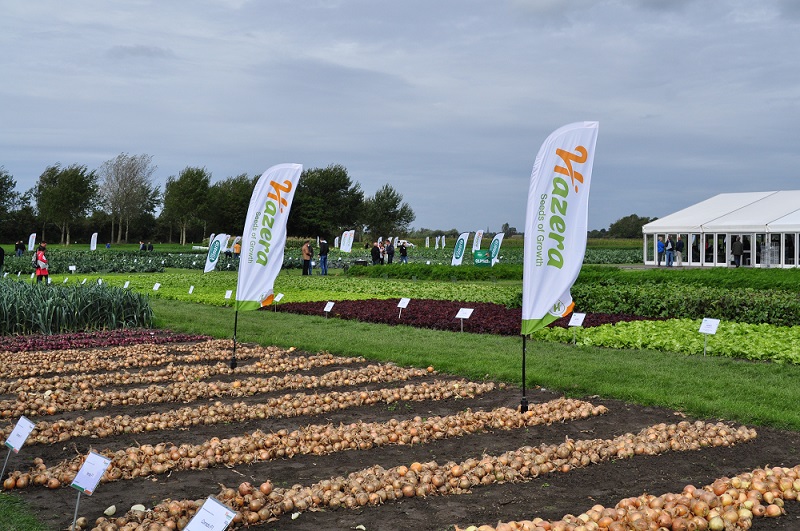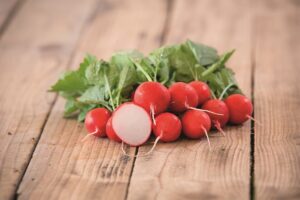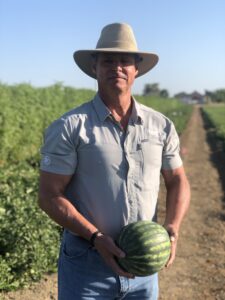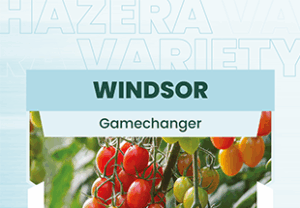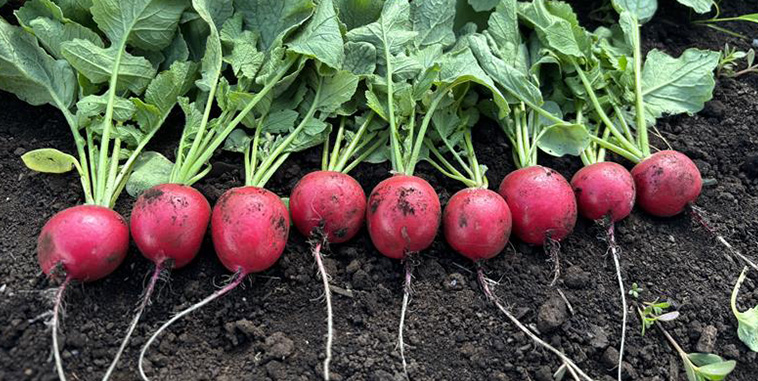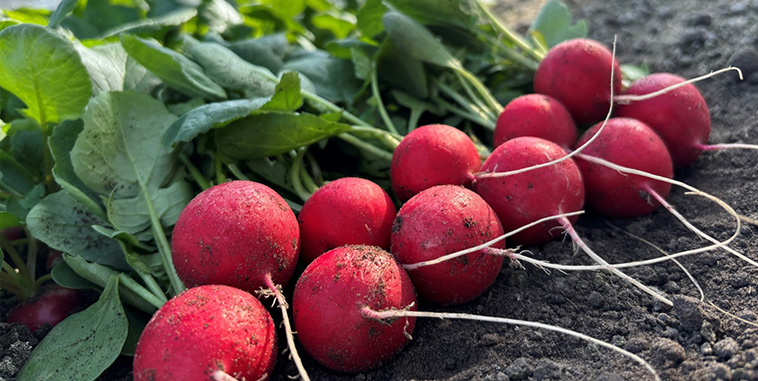APRIL 2023 Newsletter
As part of our product development process in Hazera, we are conducting large screening trials throughout the east and west coasts looking at large numbers of new hybrids to find varieties that can bring value to the whole food chain.
For radish that are grown for pre-pack, we conduct screening trials in the most relevant radish markets. For Florida, we are looking for varieties with round globe shapes medium-tall tops (weed control), early maturity, and skins that can retain their color through the vigorous wash process that is used for cello production. In the Midwest, our focus is on round globe-shaped radishes with a short top and early maturity, as well as strong tolerance to Rhizoctonia and downy mildew, which is a problem for radish producers in that area. For both areas, the tops must be erect and have a strong connection so that the harvester can pull the bulbs from the ground and must not crack during growth or after harvest. They also need high-quality internals, with nice, white interiors that do not have any bleeding or pithiness.
For radishes grown for fresh market bunching, we look for varieties that have good uniformity in bulb shape and size, early maturity, and tops that are tough enough to endure blowing dust or heavy rains, which can scar and perforate the leaves, making the bunches unsuitable for the market.
Browse our Radish portfolio here
In our watermelon program, we are now focusing on finding a conventional-size seedless variety that can bring value with high-quality internal values, an attractive rind, high yield with a good percentage of 45-count fruit. We are looking also for plants that are strong and provide good cover for the fruit and are tolerant to fusarium wilt and powdery mildew. In addition to these attributes, we also select for attractive, red flesh color, the absence of hard seeds and a hollow heart, and of course, high sugar with excellent taste. We conduct screening trials in the southeast, as well as the southwest, looking for varieties that fit each markets growing conditions.
For our tomato program for the east coast, we are trialing new determinate hybrids that have improved tolerance against foliar diseases along with resistance to TSWV, TYLCV, and Fusarium 3, along with many other common diseases. We are looking for high yields of high-quality fruit with weights of at least 140 grams, and no puffiness.
For the west coast, this spring we are conducting our first field trials in the United States of our newly developed determinate saladette which has resistance to both TSWV, and ToBRFV. This variety has performed well in our research trials in other markets and are excited to see how it will perform for us here in our markets.
John.


